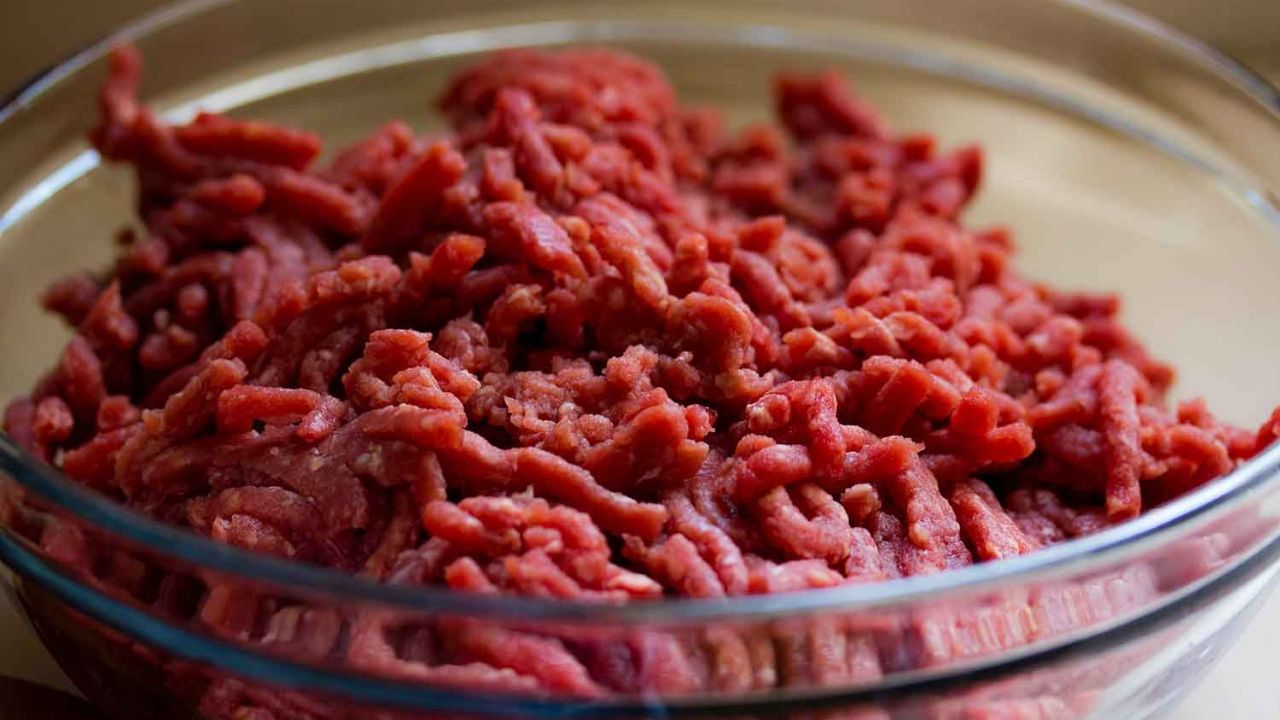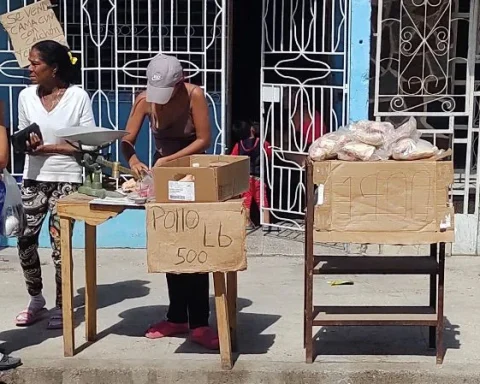The parasites they are biological agents that live at the expense of another being and that have the potential to cause harm. There are those that are exclusive to an animal or an animal species and others that are capable of staying in any host and even being transmitted from animals to humans. Most are very resistant and require special procedures or products for their elimination.
Animal products and their by-products, particularly beef and pork, are hosts of parasites that cause diseases, such as tapeworms or trichinosis; which, if not destroyed, can cause serious health complications. Faced with this problem, the veterinarian or veterinarian plays a fundamental role throughout the entire production chain, especially in slaughter plants, where he has the function of inspecting all products of animal origin so that they are suitable for human consumption.
The trichinosis (trichinellosis), for example, is caused by the larval stage of a helminth parasite present in the musculature of the pig, as a microscopic cyst, which is not visible to the naked eye, but can only be detected by examination under a magnifying glass. “This parasitic infection is very rare in pigs raised in an industrialized way and its presence is greater or frequent in pigs raised in an artisanal or backyard way. The veterinary medical professional inspects the muscles at the slaughter plant level in search of this parasite and if it is found, the established elimination protocols are adopted, in order to reduce the risk of the human being contracting this foodborne disease – ETA calls”explains Dr. Fernando Fredesacademic of the Faculty of Veterinary and Livestock Sciences (Favet) and president of the Chilean Society of Parasitology (SOCHIPA)who emphasizes the importance of knowing the origin of the meat and cooking it at the right temperature to eliminate these agents.
The call tapeworm is another parasitic disease that is acquired by consuming meat, either from cattle either pigs.
If these animals are exposed to the consumption of human excrement containing the eggs of this parasite, they will develop the agent and then transmit it back to people by consuming the product raw or undercooked. These macroscopic parasitic agents are also searched for in slaughter plants, where an established protocol is followed for their elimination.
“In the case of all types of meat and by-products, it must be well cooked to further reduce the risk of acquiring an ETA. This involves cooking the meat for 15 minutes at a temperature of at least 70°C at the center of the product. If the meat has a bone, it should be cooked first on that side and then on the other to eliminate the parasites that are close to the bone material”points out Dr. Galia Ramírez, Favet academic and researcher at the Parasitology Laboratory of this academic unit.
Dr. Fredes adds that “In rural environments, the process of slaughtering animal meat is of an artisanal and intradomiciliary type, so the possibility of a veterinary medical inspection of food of animal origin is very remote or non-existent. For this reason, the appropriate health protocols that reduce the risk of transmission of FBD are often not followed.
Hygiene is key to health and safe food consumption
Hydatidosis is one of the most common animal parasitic diseases in our country and occurs cyclically at the interface between dogs and grazing food animals. The dogs consume contaminated viscera, then microscopic eggs are eliminated in the feces that remain in the pasture, which are dispersed in the environment and are consumed by grazing cows, pigs, goats or lambs, adhering to muscles, liver, lung or cyst-shaped bone.
The same happens in vegetable crops, vegetables and fruits, a space in which there may be presence of these microscopic eggs in food. The recommendation and call for attention to protect the health of the population is to take extreme hygiene and disinfection measures for this type of fresh product before consumption. “In particular, the resistance elements of parasitic agents, be they helminth or arthropod eggs, protozoan cysts or oocysts, are effectively very resistant to environmental conditions and even to disinfectants that work against viruses and bacteria. For this reason, it is very relevant to wash all vegetables, cook them or freeze them to ensure their destruction”warns Dr. Fredes.

Hygiene, then, is fundamental when it comes to preventing parasitic diseases: since they are transmitted by microscopic agents, there is a high risk that they will be neglected and not considered in diagnoses. “Symptoms such as acute diarrhea, stomach or muscle discomfort, can be caused by some parasitic agent. Even the nervous symptomatology”warns the academic.
Dr. Ramírez, meanwhile, states that “It is essential to practice certain prevention habits, such as the hygienic elimination of household feces, hand washing before preparing and consuming food, and after going to the bathroom, having access to drinking water, consuming products of origin sufficiently cooked animals, thorough cleaning and sanitizing of fruits and vegetables; and the promotion of proper responsible pet ownership”.

In Chile, the consumption of products of animal origin, including meat, is safe due to the existence of standards and protocols that are applied from the field to the table. Health professionals, such as the Veterinary Doctor or Veterinarian, play a fundamental role in this task, by knowing and managing the risk factors associated with each parasite.


















